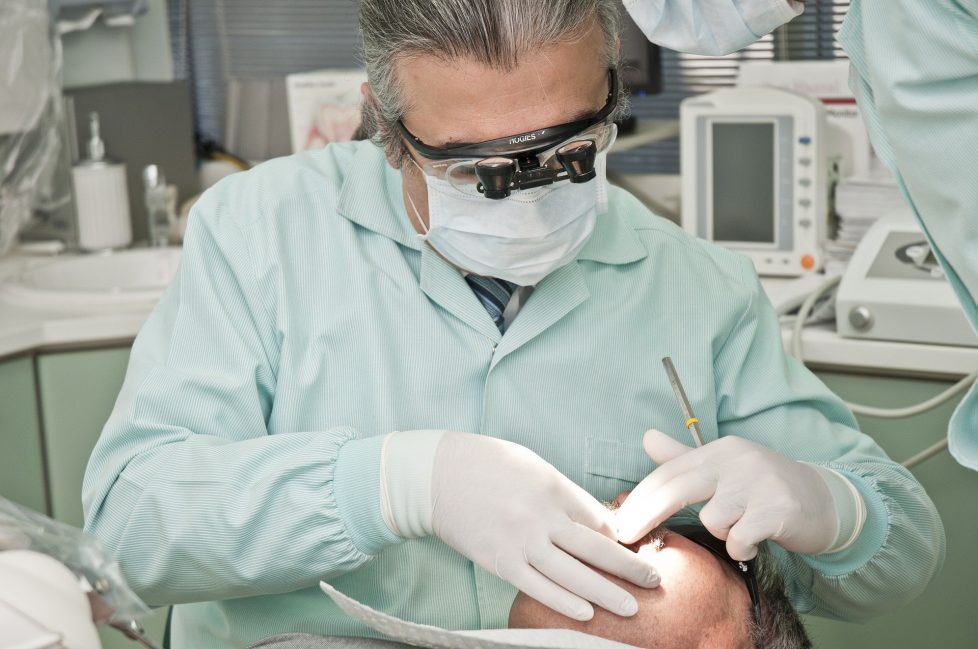
Understanding Wisdom Teeth: Causes, Symptoms, and Removal
In the vast world of oral health, few topics garner as much attention and intrigue as wisdom teeth and their removal. Often seen as a rite of passage into adulthood, the emergence of these late bloomers can be a source of both anticipation and apprehension. Wisdom teeth, or third molars, typically make their appearance in our late teens or early twenties, a period fraught with many other changes. Understanding the intricacies of wisdom teeth, including why they may need to be removed, is essential for maintaining optimal oral health.
Why Wisdom Teeth Cause Trouble
Wisdom teeth hark back to a time when our ancestors had larger jaws, consuming a diet that required more chewing power. In today’s world, our diet and our jaws have evolved, often leaving insufficient space for these late arrivals. When there isn’t enough room for them to erupt properly, wisdom teeth can become impacted, leading to pain, infection, and other dental issues.
Impaction occurs when a wisdom tooth is prevented from emerging fully into its correct position. This can be due to the tooth being trapped beneath the gum line or emerging at an incorrect angle, sometimes even pushing against other teeth. The symptoms of problematic wisdom teeth can include pain, swelling, jaw stiffness, and occasional difficulty in opening the mouth.
The Process of Wisdom Teeth Removal
Removing wisdom teeth is a common procedure that can alleviate pain and prevent potential future problems. The complexity of the removal process varies, depending on the position and development stage of the teeth. Some may require a simple extraction, while others might involve a more intricate surgical approach.
Aftercare and Recovery
Post-removal, patients are advised to follow a specific set of aftercare instructions to ensure a smooth recovery. This includes managing swelling with ice packs, adhering to a soft food diet, and avoiding strenuous activity for a short period. Pain management, usually with prescribed or over-the-counter pain relievers, is also crucial during the initial recovery phase.
For those in the Mulgrave area seeking professional advice or services related to the removal of wisdom teeth, finding a reliable dental practice that specializes in affordable wisdom teeth extraction in Mulgrave is essential. This ensures that you receive the care and expertise necessary for a successful procedure and recovery.
The Importance of Regular Dental Check-Ups
While the removal of wisdom teeth is a significant aspect of oral health, it is just one part of maintaining a healthy mouth. Regular dental check-ups are crucial for identifying potential issues early, including the state of your wisdom teeth. During these visits, dentists can monitor the development of wisdom teeth and recommend removal if necessary.
Conclusion
Wisdom teeth removal is a common procedure that can significantly impact one’s oral health and overall well-being. Whether you’re experiencing discomfort or just preparing for the future, understanding the reasons behind wisdom teeth removal, the process, and the recovery can demystify the experience. For residents in and around Mulgrave, seeking out a specialist in wisdom teeth removal can ensure that you receive the highest standard of care. Remember, proactive oral health care, including regular dental check-ups, is key to preventing complications and maintaining a healthy smile for years to come.
